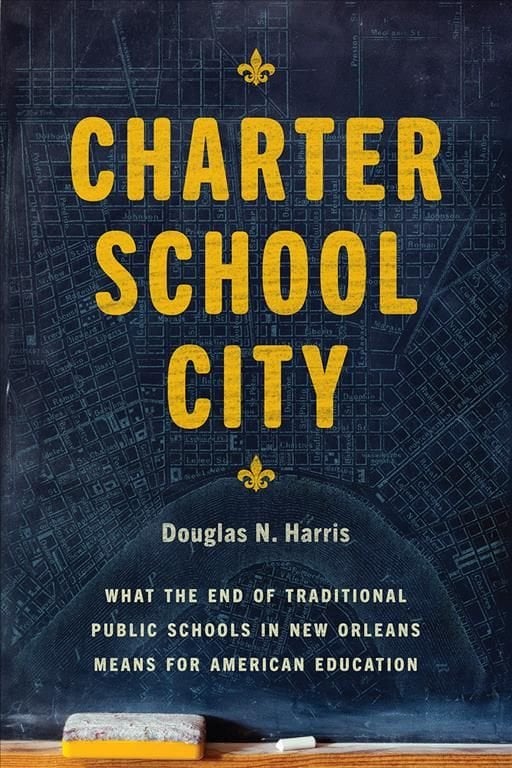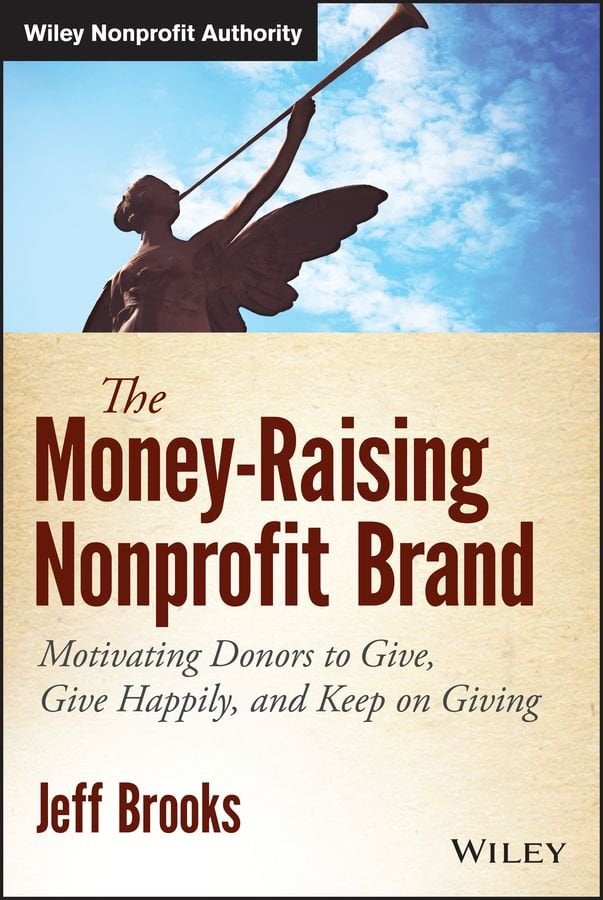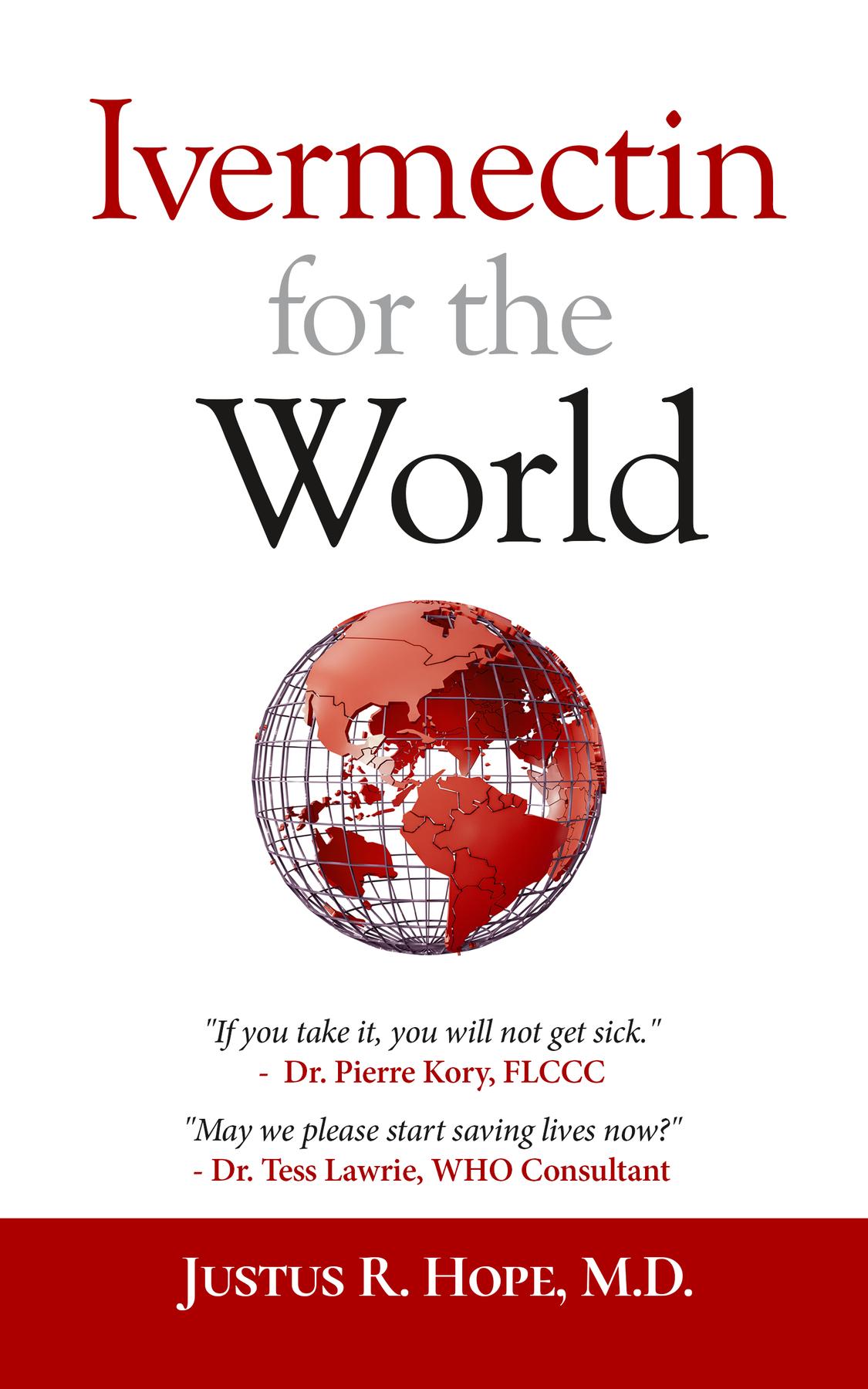Almost fifteen years later, it is still easy to recall the devastation Hurricane Katrina wrought in New Orleans-the flooded streets, the boarded-up houses, thousands of people suddenly homeless. When Katrina upended New Orleans, state leaders took this unique opportunity to remake the city’s notoriously underperforming school system, handing control over to a state agency, which eagerly transformed all public schools into privately-run charters. Those charters quickly took advantage of their newfound freedom, doing away with regulations that spanned curricula, teacher unions, and regulations regarding attendance zones. The private management of public schools turned the city of New Orleans into a huge educational experiment: what happens to students, families, teachers, and learning when a whole city goes charter-when the market and not the government rules the schools? The answer upends much of our received wisdom about school improvement. While New Orleans’s schools showed significant improvement post-Katrina, these improvements were the result of a mix of both market-based reforms and big chunks of the old system the reformers desperately wanted to throw out the window. That is to say, market pressures can be useful, but they still work best with government as a partner. In the end, the New Orleans example makes a case for many of the traditional aspects of public schooling-and it shows why treating schools as a market cannot work well on its own. Not only is the system" not broken-it’s critical to educational success"–












